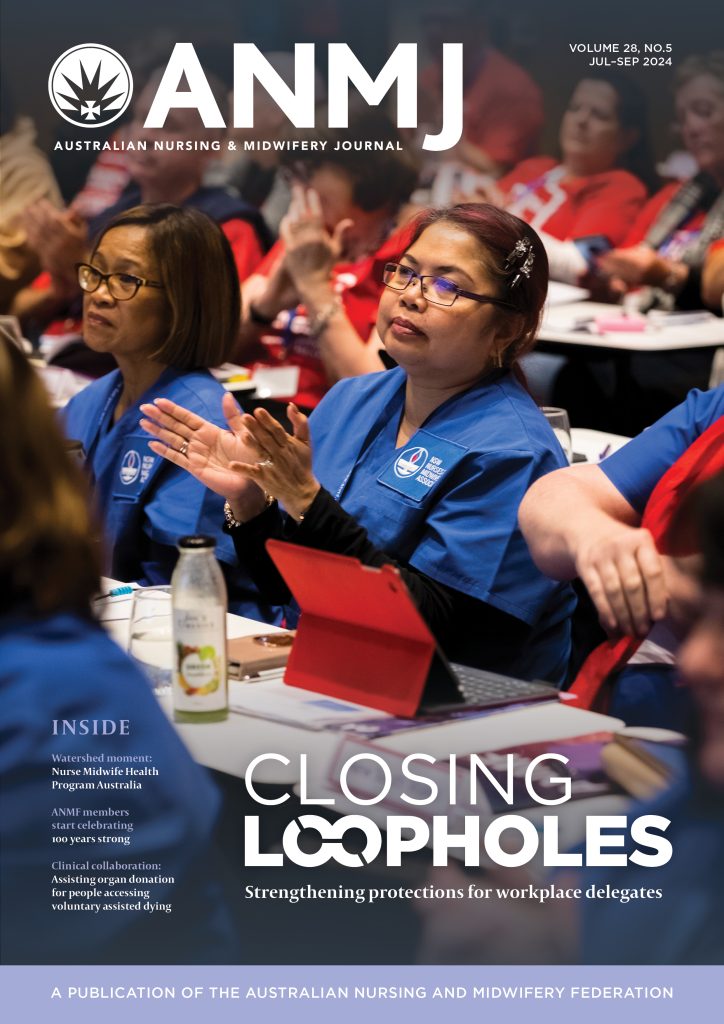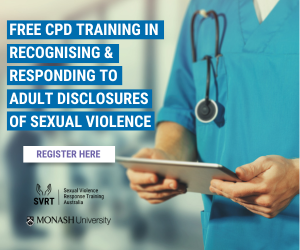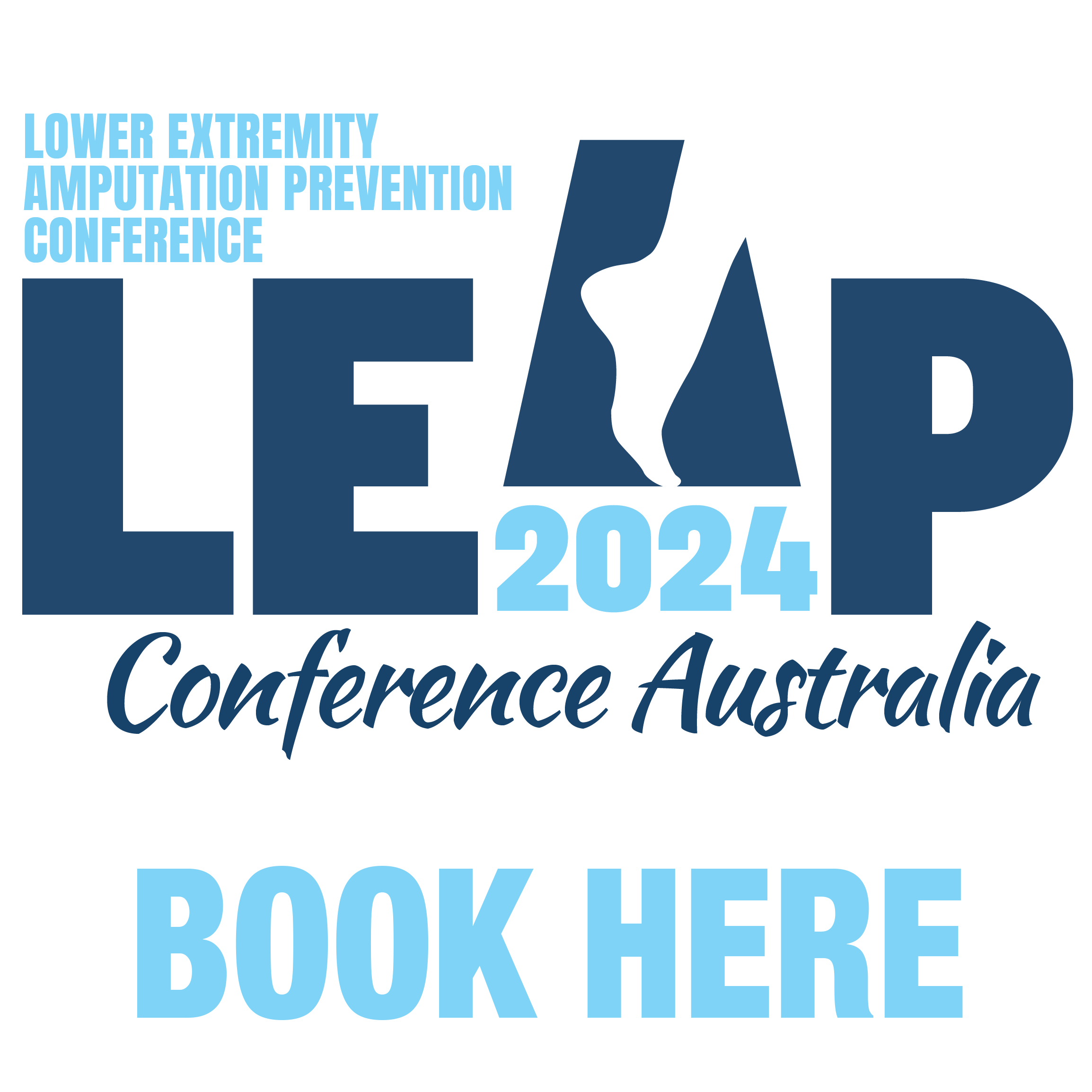Mental health risk assessment practices have largely evolved in response to the perceived ‘threat’ posed to the community as a result of de-institutionalisation.
The alignment of risk assessment practices to corporate clinical governance structures followed, resulting in legislated and litigated activities for those who work in mental health clinical roles.
Contemporary mental health risk assessment practices have evolved into areas of highly structured and symptomatised clinical language about ‘current’ risk or ‘potential’ risk.
Risk is ‘assessed’ using formal and informal screening tools and documentation of formulations and findings.
Despite these formalities, from a global perspective, risk assessment practices in mental health settings are not standardised beyond a local service level.
Despite the lack of a consistent approach there are commonalities found in the literature which are suggestive that specific domains of risk like suicide, selfharm, harm to others, and vulnerability requires ‘measuring’. Areas like these are the domains that are consistently being addressed in clinical practice and form the focus of risk assessment.
A plethora of criticisms regarding risk assessment within mental health literature abounds. Extensive denunciation relates to inconsistencies of practice ranging from assertions of reductionism, critique of the purported ‘value’ of screening tools, and most commonly the predominant focus upon risk aversion. All of these concepts are posited to having no measureable impact upon the reduction of adverse events involving suicide or violence (Manuel & Crowe 2014).
There are though, broader concepts of risk and in particular issues regarding self-neglect that are in urgent need of consideration.
Additionally, and probably most importantly is the long-standing critique that mental health risk assessment and treatment activities are undertaken without the consultation of people with a lived experience of mental illness.
In a milieu of collaborative recovery where nothing about me without me is the ‘catch cry’ such practices heavily impact upon therapeutic engagement and positive treatment outcomes with consumers.
Trends, practices and approaches undertaken in the clinical environment are often mirrored in tertiary educational environments – after all, students are expected upon graduation to hit the ground running and be ready for clinical practice as an RN. Given the inconsistency of mental health risk assessment approaches, what then, are universities teaching students about risk assessment. Are the processes and practices consistent, and, ultimately who decides what should (or not) be taught? This highlights a knowledge gap and provides an opportunity to discuss and define a more standardised approach for mental health nursing education around the topic and practice of mental health risk assessment (Woods 2013).
The importance of the development of undergraduate and post graduate education around risk assessment, perhaps better termed as safety-planning, that incorporates active consumer engagement and collaboration that is valued and meaningful, recovery concepts and acknowledgement of protective factors, is urgently required. The participatory Action Research PhD project being undertaken by the first author, and supervised by the latter two, is addressing the knowledge gap of a standardised approach to mental health nursing education pertaining to the topic of mental health risk assessment. Importantly, the development of a contemporary safety planning ‘tool’ will have lived experience input from the get go.
It stands to reason that consumers are experts by experience and nothing about me without me – needs to be seen in action.
Reference
Manuel, J. & Crowe, M. 2014. Clinical responsibility, accountability, and risk aversion in mental health nursing: A descriptive, qualitative study. International Journal of Mental Health Nursing, 23(4), 336-343.
Authors
Edward Aquin, RPN, MN (Clinical), PhD candidate, University of Wollongong, Lecturer (MHN- ACU, Victoria).
Christopher Patterson, RN, BN (Hons), MNursing (Mental Health), Lecturer, University of Wollongong.
Lorna Moxham, PhD, RN, MHN, DAS (Nsg), BHSc, MEd, Professor of Mental Health Nursing, Global Challenge Lead – Living Well Longer, University of Wollongong.









